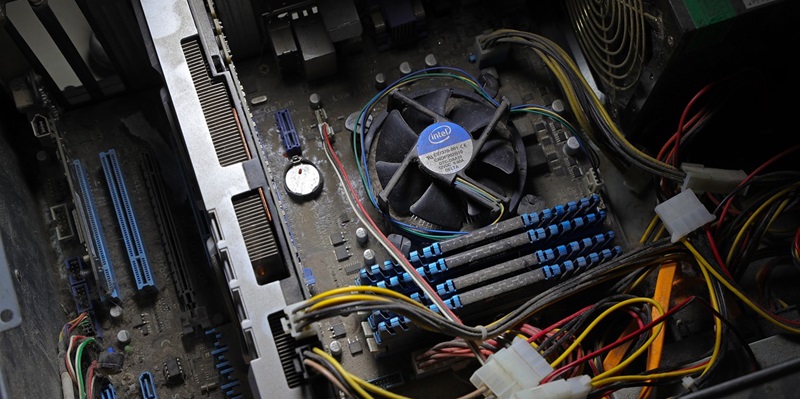AMD’s upcoming RDNA 4 GPUs are set to deliver not only a performance boost for gamers and professionals, but also come with significant security enhancements for Linux users. Linux, crucial in server domains and for open-source enthusiasts, will benefit from AMD’s addition of support for the Platform Security Processor (PSP) version 14.0. This step reflects AMD’s dedication to safer computing.
PSP plays a vital role in preserving the GPU architecture’s security by verifying firmware authenticity. Such improvements in security are timely, with cyber threats on the rise, and secure GPU firmware is essential in preventing exploitation, allowing only verified code to run. AMD’s focus on GPU firmware security through PSP upgrades is set to fortify Linux systems against potential vulnerabilities, showcasing their commitment to a more secure computing landscape. This focus is not just crucial for individual workstations but also reinforces the defenses of extensive server environments relying on Linux.
Streamlining Linux Compatibility
The precursor to any successful hardware launch is ensuring seamless compatibility with various operating systems. AMD’s RDNA 4 GPUs are no exception. The move to integrate initial Intellectual Property blocks specifically for Linux is a testament to AMD’s dedication to this operating system, which is widely regarded for its reliability and flexibility. By disseminating these patches and IP blocks effectively, AMD facilitates Linux developers to better target specific resources, enhancing the GPU’s performance and compatibility.
Moreover, these integrated IP blocks help in potentially reducing overhead, leading to more efficient utilization of system resources—crucial for high-performance applications and workloads. The patches aim not only to catapult the performance metrics but also provide Linux users the assurance of running the latest GPU technology without compatibility issues, a situation often neglected by hardware manufacturers in favor of more commercially dominant operating systems.
A Commitment to Ongoing Support
AMD’s patch releases for RDNA 4 GPU support is more than just readying the Linux platform for the new hardware—it’s a statement regarding their ongoing support for the platform. Frequent updates in the form of new patches in the AMDGPU kernel underscore a commitment to continuously enhancing support. The implications of such efforts could be profound for the Linux community, typically reliant on manufacturers for drivers and updates for new hardware support.
The consistency in patch releases and the emphasis on integrating security features suggest that AMD isn’t just preparing the platform for the initial launch but also aims at nurturing a long-term relationship with the Linux ecosystem. Maintaining up-to-date drivers and support is vital for ensuring that systems can leverage the full capabilities of their hardware while remaining secure—a commitment that could significantly elevate the user experience on Linux with RDNA 4 GPUs.

